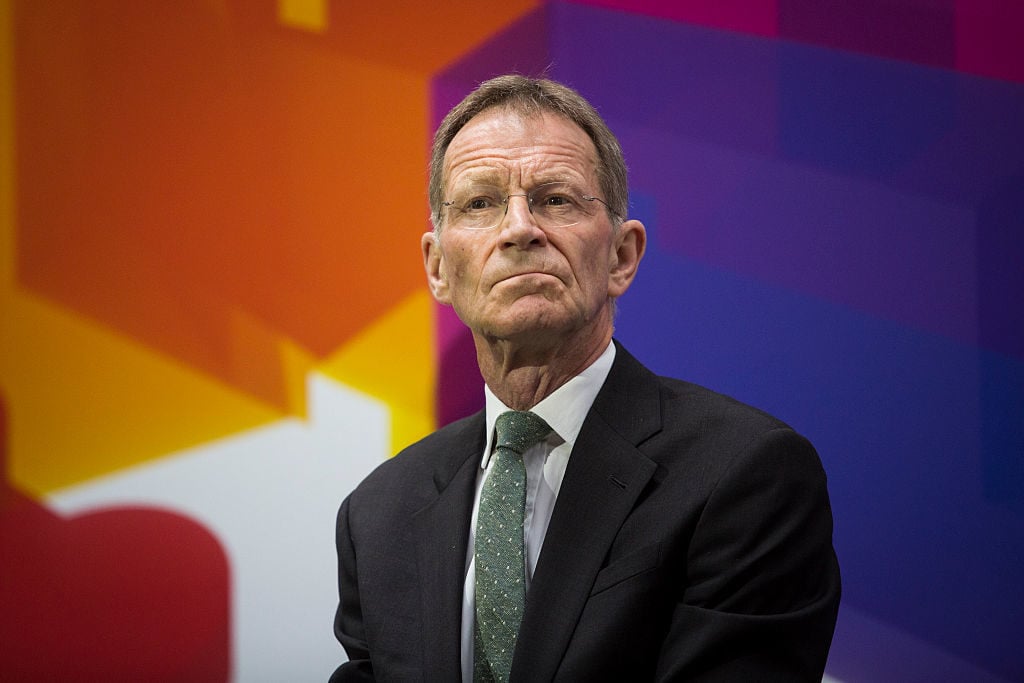Art World
Nicholas Serota Wants to Ensure That UK’s Children Have Access to Art
For his first big project at the Arts Council, Tate's outgoing director looks to the future.

For his first big project at the Arts Council, Tate's outgoing director looks to the future.

Amah-Rose Abrams

In his first speech since taking over from Sir Peter Bazalgette as head of Arts Council England, outgoing Tate director Sir Nicholas Serota laid out plans to discover the best ways of tapping into creativity in children in the UK, and emphasized the fundamental importance of art in the lives of young people.
Serota announced a partnership between the Arts Council England and Durham University, called the Durham Commission on Creativity and Education, on March 28 at No Boundaries, the annual arts conference that took place this year in Hull, the UK City of Culture 2017.
The commission, he explained, will undertake an investigation into the best practices of implementing arts education in schools. It will attempt to determine the role that arts and culture institutions play in communities, and to find what type of creative skills can best help young people in today’s world.
“I want to see the arts, museums and libraries not only recognized as being vital to our lives; I want to see them have an even more prominent place in the life of all the nation,” Serota said in his introduction.
The move could be seen as an attempt to counteract what is considered to be a systematic scaling back of arts education, and its findings could help the Arts Council shape its future activities.
He also spoke of the imperative to bring art to poor communities, and of the Arts Council England’s responsibility to invest outside of London, especially in places that would not otherwise have access to art, and now more than ever.
“Investment in these places can do important things—it can galvanize civic life, it can stimulate economic activity. And—my first point—crucially, it can give a voice to individuals who feel they have not been heard,” Serota said.
“Opportunity should not be limited by where you happen to live. This is especially relevant after the European referendum, which exposed greater differences of belief and opportunity in society than we had fully recognized,” he added.
Serota’s plan also includes the existing Cultural Education Challenge, intended to increase the number of arts-oriented learning opportunities for young people across the UK; and the 25-year Creative Talent Plan, an additional university partnership, this time with de Montfort University. This second partnership will investigate how a series of planned cultural opportunities can help facilitate young people with ambitions in the arts.
Arts organizations in the UK periodically come under criticism for the lack of diversity of their chief staff, evidenced by the Arts Council England’s latest diversity study. Perhaps Serota’s endeavors as head of the council will do something to remedy that.